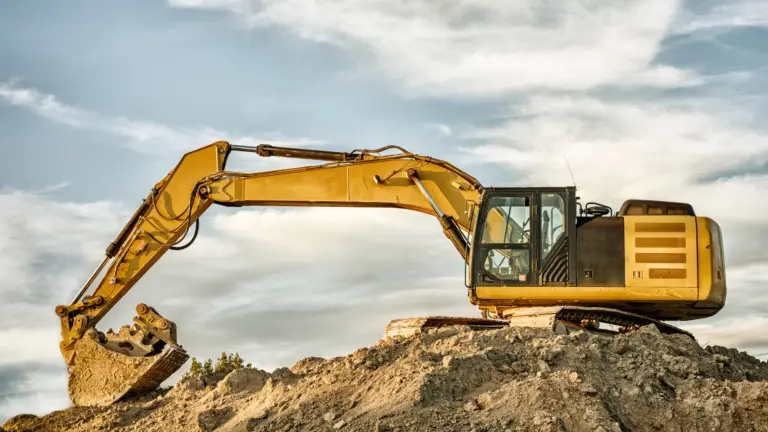In the world of construction, every project begins with an idea and a plan. However, before the foundations are laid and the structures rise, there is a critical step that often goes unnoticed but is essential for the success of any building: soil investigation. In this blog, we will explore why soil investigation is a fundamental aspect of any construction project and how it can prevent costly problems along the way.
To view AH Construction’s projects click HERE
1. Determining Soil Bearing Capacity
One of the most critical aspects of soil investigation is determining its bearing capacity. Soil bearing capacity refers to the amount of weight that the soil can support without yielding. This factor is essential for the safety of the structure and its long-term stability. Without proper soil investigation, a building could be at risk of settling or experiencing significant structural damage.
2. Assessing Soil Composition
Each geographical area has a unique type of soil. When investigating the soil, it is possible to determine the soil’s composition, including its content of clay, sand, silt, and other elements. This information is crucial for selecting appropriate foundations and planning drainage. By understanding the soil composition, builders can make informed decisions on how to address specific terrain challenges.
3. Preventing Foundation Problems
A solid foundation is the cornerstone of any building. Soil investigation is essential to ensure that the foundation is designed appropriately. Without soil investigation, foundation problems are likely to arise as construction progresses, leading to costly rework and project delays.
4. Adapting to Specific Soil Conditions
Every construction site has its own unique soil conditions. Challenges may arise, such as expansive soils that swell with moisture or collapsible soils that shrink with dryness. Soil investigation allows builders to adapt their construction methods and materials to address these specific conditions and minimize risks.
5. Long-Term Cost Savings
While it may seem like an additional investment initially, soil investigation saves costs in the long run. Identifying soil issues before construction allows for preventative measures to avoid costly repairs and replacements in the future. This results in a more efficient and cost-effective project in the long term.
6. Compliance with Regulations and Standards
Most jurisdictions have regulations and standards that require soil investigation as part of the construction process. Compliance with these requirements is essential for obtaining necessary permits and ensuring that the project meets safety and construction standards.
Conclusion
In the construction world, soil investigation is the first step in building on a solid foundation. It’s not just a technical process but an investment in the safety, stability, and long-term efficiency of any building. Soil investigation is crucial to avoid costly problems and ensure the success of any construction project, regardless of its scale. As the saying goes, “a building is only as strong as its foundation,” and soil investigation is the key to that solid foundation.
To view AH Construction’s projects click HERE




